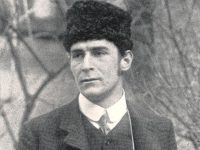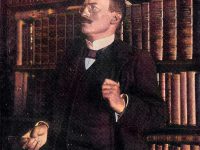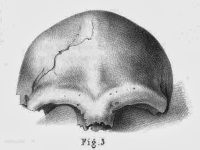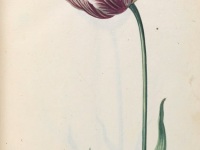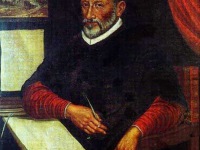Franz Marc – German Expressionism and Der blaue Reiter
On February 8, 1880, German painter and printmaker Franz Marc was born. Franz Marc is one of the key figures of German Expressionism. He was a founding member of Der Blaue Reiter (The Blue Rider), a journal whose name later became synonymous with the circle of artists collaborating in it. “Art is nothing but the expression of our dream; the more we surrender to it the closer we get to the inner…
Read more

